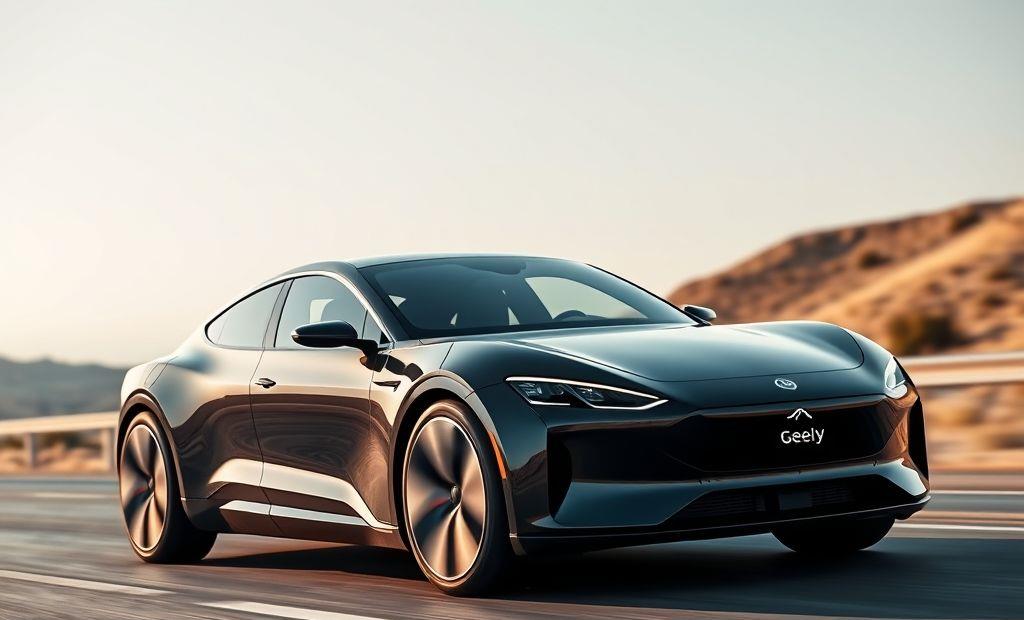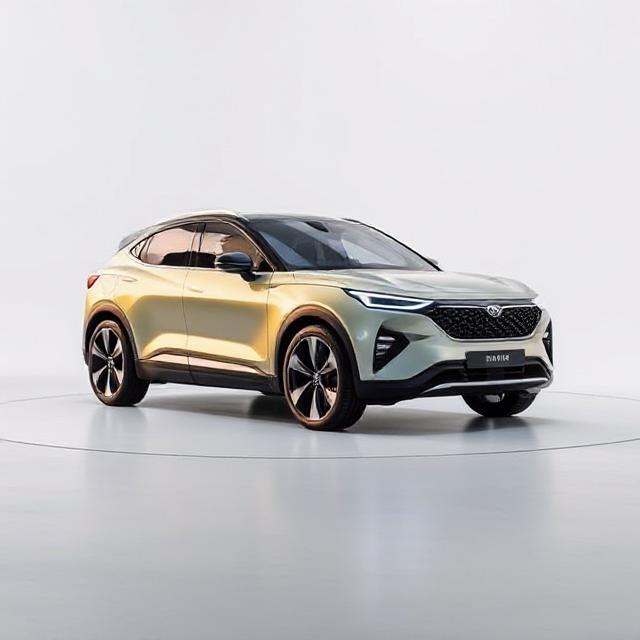Zeekr Going Private in Q4 2025 at 19% Premium

Zeekr Goes Private: Geely’s EV Strategy Notably, Geely plans to take its premium EV unit Zeekr private at $2.687 per share or $26.87 per ADR,...
⏱️ Estimated reading time: 3 min
Latest News
Zeekr Goes Private: Geely’s EV Strategy
Notably, Geely plans to take its premium EV unit Zeekr private at $2.687 per share or $26.87 per ADR, reflecting an 18.9% premium over the closing price on May 6 . This values Zeekr at about $6.83 billion and is expected to close in Q4 2025. Specifically, Geely already owns approximately 62.8% of Zeekr, and the increased bid raises the total transaction value to around $2.4 billion in cash . Consequently, the move signals Geely’s pivot toward streamlining operations amid mounting EV price pressures in China and the global market. Barron’s
What’s Behind the Decision
- Notably, Zeekr listed in New York in May 2024 with a valuation of $6.8 billion. Now, Geely tightens control to:
- Streamline costs
- Improve efficiency
- Navigate China’s intense EV price war
- Geely already owns 62.8% of Zeekr; this deal acquires the remaining shares for roughly $2.4 billion .
- Integration follows earlier internal reorganizations combining digital cockpit teams into a 2,000-engineer unit to boost R&D efficiency .
The Rationale Behind the Move
Importantly, bringing Zeekr private gives Geely tighter control over the premium EV brand’s operations and strategic decisions. Specifically, this enables streamlined integration with other units, including Lynk & Co, which already shares R&D platforms and engineering resources with Zeekr under the One Geely vision . Moreover, as a private entity, Zeekr can sidestep the short-term pressures of quarterly public reporting, allowing its leadership to focus on long-term innovation and cost efficiency . Ultimately, these structural advantages position Geely to respond faster to market shifts such as intensifying price competition in China and optimize brand level decision-making across its growing EV portfolio .
What This Means for Zeekr
- Enhanced Strategic Alignment: Zeekr will likely see closer integration with Geely’s overall corporate strategy, benefiting from the parent company’s resources and expertise.
- Greater Control: Geely gains increased control over Zeekr’s product development, marketing, and sales strategies, enabling more focused and targeted efforts.
- Potential for Innovation: With tighter integration, Zeekr may have access to more of Geely’s advanced technologies and R&D capabilities, fostering innovation and enhancing product offerings.

Geely’s Broader EV Ambitions
Importantly, Geely’s decision to take Zeekr private at a $6.83 billion valuation reflects its deep commitment to strengthening its position in the electric vehicle sector. Specifically, this move grants Geely greater strategic and operational control over Zeekr’s direction. Furthermore, it enables the company to compete more effectively with global rivals like BYD, Tesla, and Nio .
Strategic Rationale Behind the Deal
- Improved decision-making: Specifically, full ownership by Geely removes public market distractions enabling Zeekr to focus on long-term innovation and brand positioning. Ultimately, this control allows the company to prioritize R&D and strategic decisions without the pressure of quarterly earnings ().
- Operational efficiency: Importantly, the merger aligns Zeekr with Geely Auto, unlocking synergies in R&D, supply chains, and engineering talent, such as the recent digital cockpit consolidation. Specifically, earlier this year, Geely merged three separate digital-cockpit teams nearly 2,000 engineers from Zeekr, Lynk & Co, and Geely into a single unit to boost innovation and efficiency . Ultimately, this integration strengthens internal collaboration and accelerates tech development across brands.
- Enhanced cost control:Specifically, integrating premium and mass-market EV units helps Geely manage margin pressure amid China’s intensifying EV price war. Moreover, resource sharing across brands enables cost control, platform consolidation, and improved operational efficiency. Consequently, Geely can maintain profitability even as it slashes prices to compete in a crowded market. Ultimately, this strategy boosts resilience and sharpens competitive positioning against rivals like BYD and Tesla . .
Related Posts

AI in 2026 How Intelligent Agents Are Becoming Trusted Work Partners
In 2026, artificial intelligence has transcended its role as a mere productivity booster, emerging as...
February 4, 2026

AI 2026 Shift From Labs to Live Operations
January 2026 signals a pivotal moment in artificial intelligence, the transition from lab experiments to...
January 30, 2026
Bluesky Enhances Moderation for Transparency, Better Tracking
Bluesky Updates Moderation Policies for Enhanced Transparency Bluesky, the decentralized social network aiming to compete...
December 11, 2025










Leave a Reply